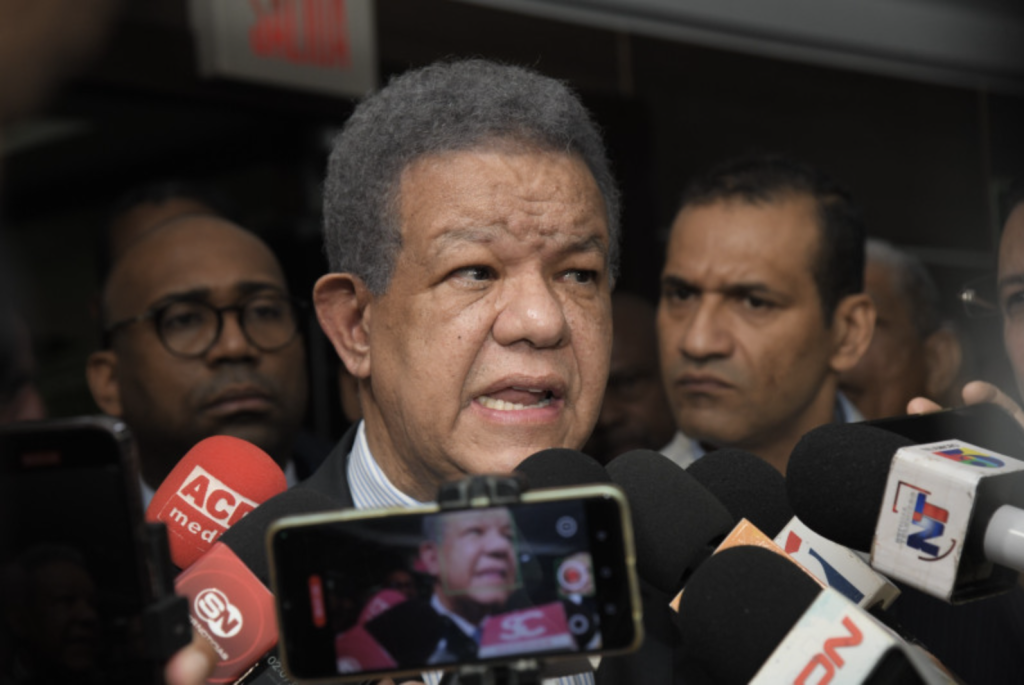
The National Health Insurance (SeNaSa), the government-owned health services provider, is under attack from most opposition parties that say the health plan manager services are on the decline.
While disregarded by government employees in its start, over the years SeNaSa had become highly regarded by its affiliates, and many in the medical community have had and continue to have good words for its role. At one time, it was considered to be the best paying HMO in the Dominican Republic by doctors, clinics and their affiliates. In recent months, there have been stories in the press of delays in payments and on the increase in political patronage prevailing in an increase in jobs in SeNaSa, versus its past reputation for professional management decisions.
Likewise, the recent suspension of direct-to-home medicines by the entity has raised questions regarding the fiscal soundness of the institution.
Just recently, former President Leonel Fernandez and leaders of other opposition parties issued a call for an audit of the health service provider.
One spokesperson from a smaller party noted that the SeNaSa is the largest provider for health care and must be preserved as a public service.
The baseline for the recent uptick in calls for auditing not only SeNaSa but also other HMOs is the fact that pharmacies now require persons with prescriptions to come into a physical location to procure their medicines.
Furthermore, SeNaSa debt to service suppliers has reportedly increased from 0.97% in 2020 to 44% in 2024, signaling a troubling rise in unpaid obligations. The Dominican Medical Association (CMD) confirmed arrears in payments to physicians and private clinics. Likewise, Rafael Mena of Andeclip, the association of private clinics, has complained of arrears in payments.
Moreso, the agency is said to have accumulated an operational deficit in the subsidized healthcare system that exceeds RD$3.3 billion. SeNaSa is the health plan manager for millions who do not have formal jobs.
As reported, although SeNaSa has significantly increased investment in healthcare services (with total investment growing by 148% from 2019 to 2024), the surge in spending on medications, surgeries, diagnostic tests, and payments to private clinics (which rose by 224%) has created considerable financial pressure.
Reports highlight that the system heavily prioritizes costly specialized and third-level hospital care, threatening long-term financial sustainability — especially in the face of an aging population and rising chronic illnesses. There is also a noted lack of investment in strengthening primary care as a gatekeeping mechanism, which exacerbates the demand and costs of specialized services.
President Luis Abinader has denied SeNaSa can collapse, explaining it is supported by the government. Vice President Raquel Peña and other officials have denied that SeNaSa is facing a financial crisis, asserting that the system remains stable and has expanded coverage to nearly two million more people under the current administration. Yet, the authorities admit that increased resources are necessary to sustain and expand healthcare coverage and services going forward.
Santiago Hazim, the director general of SeNaSa, says that while in 2019, the entity disbursed RD$24.3 billion for health services, in 2024 the entity had paid out RD$60.3 billion in 2024, a 148% increase.
In defense of SeNaSa, Dr. Jose Joaquin Puello, the head officer at the Ciudad Sanitaria Luis Eduardo Aybar mega medical city, called SeNaSa the savior of the public hospital system. He understands that what has to be done is balance its costs so it can continue to operate in an adequate manner, as reported in El Nuevo Diario.
Read more in Spanish:
Listin Diario
Listin Diario
Listin Diario
Diario Libre
El Dia
El Nuevo Diario
7 July 2025

